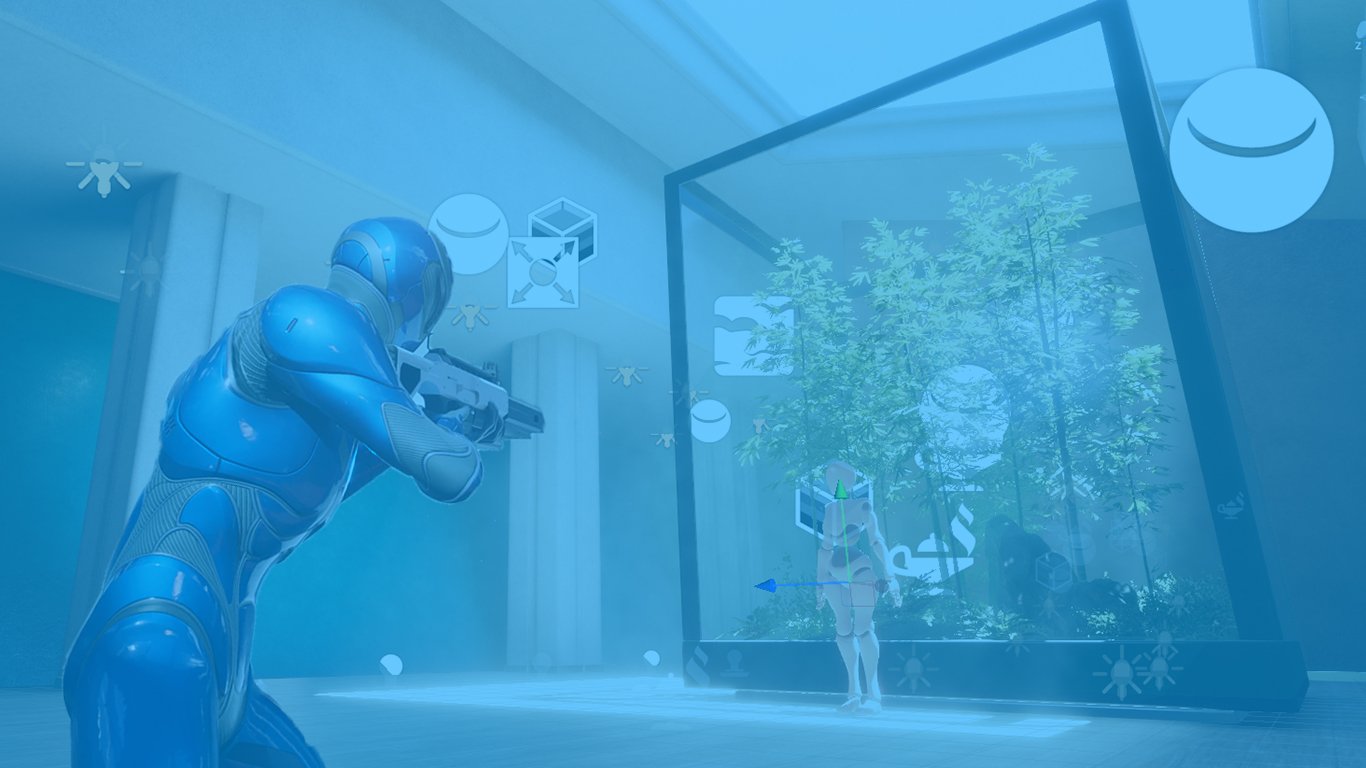
Game Development for Kids
Learn to Create Your Virtual World.
Bolster your child’s creativity and passion to design the apps of the next generation, and even learn the inner workings of the software that powers our daily lives.
Our programme is designed to allow beginners to immerse themselves into the world of game and software creation. Students will learn how to create their very own games from scratch, covering the design process from start to finish – from conceptualising to programming, designing, and building their worlds. Lessons will be supplemented with lectures on topics regarding game design to give students more insight and build their repertoire of design knowledge.
Students in our game design program will learn and make use of these tools used in the games and software industry:
Unity – Industry Game Engine (Used in Genshin Impact, Pokemon)
Unreal Engine – Industry Game Engine (Used in Fortnite, Black Myth Wukong)
Visual Studio – World-class Coding IDE
Blender – 3D Software
Our programme is taught by MOE registered instructors with experience from the games and software industry. Suitable for ages 13 and up.
Why Game Development?
Applied Mathematics
Concepts like geometry, algebra, and trigonometry are essential for creating realistic game mechanics, such as movement, collisions, and object interactions. Your child will see how numbers are used in real-world applications, improving their problem-solving skills and boosting their confidence in maths.
Computational Thinking
Game development teaches students to think like problem solvers. They’ll learn to break down complex tasks into smaller, manageable steps, debug errors, and optimise processes. These are critical skills that apply not just to coding but also to excelling in academics and future careers.
Physics
Through game development, students explore the principles of physics in action. From simulating gravity to designing realistic movements and interactions, they learn how forces, velocity, and acceleration affect objects with real equations. It’s a fun and practical way to understand science concepts they already encounter in school.
UI/UX
UIUX is a hot industry in the modern age, and creating a game requires understanding what players want and how to craft engaging experiences. By learning design thinking, students develop empathy for users, iterate on ideas, and refine their creations based on feedback.
AI
Games often feature computer-controlled characters or systems, and designing these requires understanding AI concepts. Your child will gain insights into algorithms, decision-making systems, and even machine learning principles while creating smarter and more interactive gameplay experiences.
Future Careers
The tech industry is one of the biggest sectors globally, with fields like virtual reality, simulation, and AI. By learning game development, your child gains a competitive edge in a tech-driven world, preparing them for diverse and exciting career opportunities.
Icons by Icons8
Programme Outline Sample
Modules for the programme include, but are not limited to:
3D Platformer Game
An Introduction module that lets students get a basic understanding of how modern 3D games are created in an industry engine.
3D Space, Vectors, and Rotation
Understanding Basic Game Physics
Understanding Game Programming – Game Ticks, Updates and Inputs
Level Design Theory
3D Asset Usage
Board Game
This module is designed to allow students to understand how to create engaging games at their core, without relying on technology.
Understanding Core Gameplay Mechanics
Playtesting and Iteration Process
Designing Systems and Player-vs-Player Dynamics
Console Action Game
Students will use their experiences in previous modules to design and craft their very own action game, building and optimising gameplay for controller play.
Game Controls UX
Combat Design
World Building
Custom 3D Assets Building
Mobile Game Development
Students will learn and understand the pipeline for developing mobile games, learning how to utilise the mobile devices for their games.
Mobile Technologies and Runtimes
UI Flow and Design
Touchscreen Handling and UX
Mobile Limitations and Optimizations




